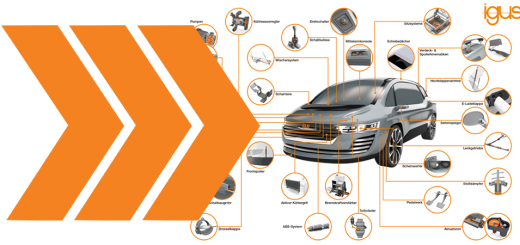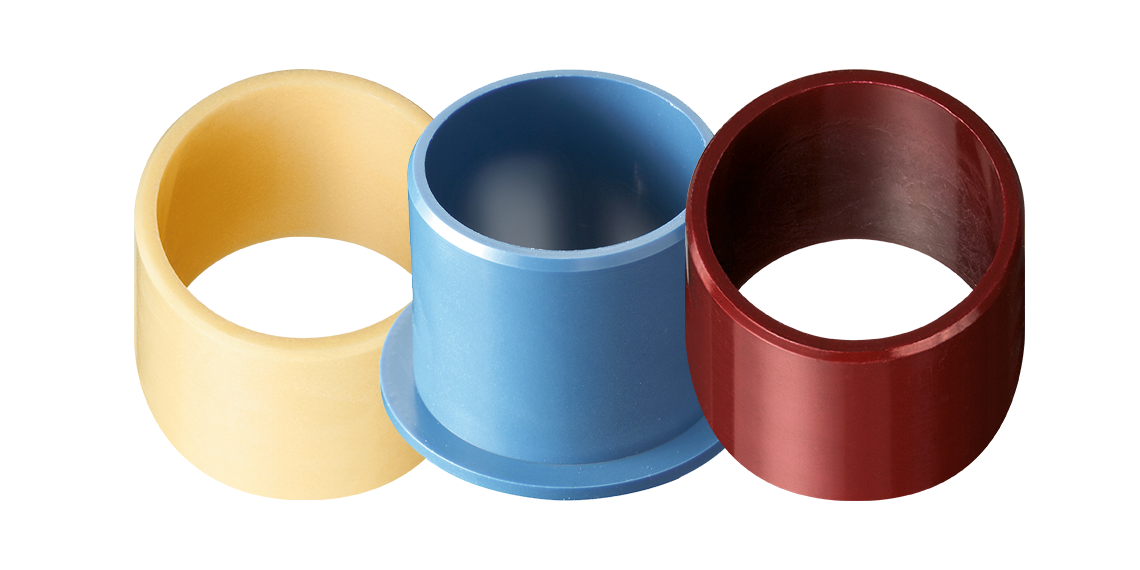The solution to a shrinking circular economy: a simple, reliable recycling platform
The global circular economy is in decline. We need to act now. Recycling technical plastics could be a solution, but it has been very difficult until now. We will show you how plastic recycling can be simple and efficient.
What is a circular economy?
Instead of throwing away or replacing things, the circular economy encourages us to keep them in use for as long as we can. This means sharing, reusing, repairing, refurbishing and recycling materials and products. By doing this, we can extend the life cycle of products and reduce waste to a minimum. This is a more efficient and sustainable way of producing and consuming.
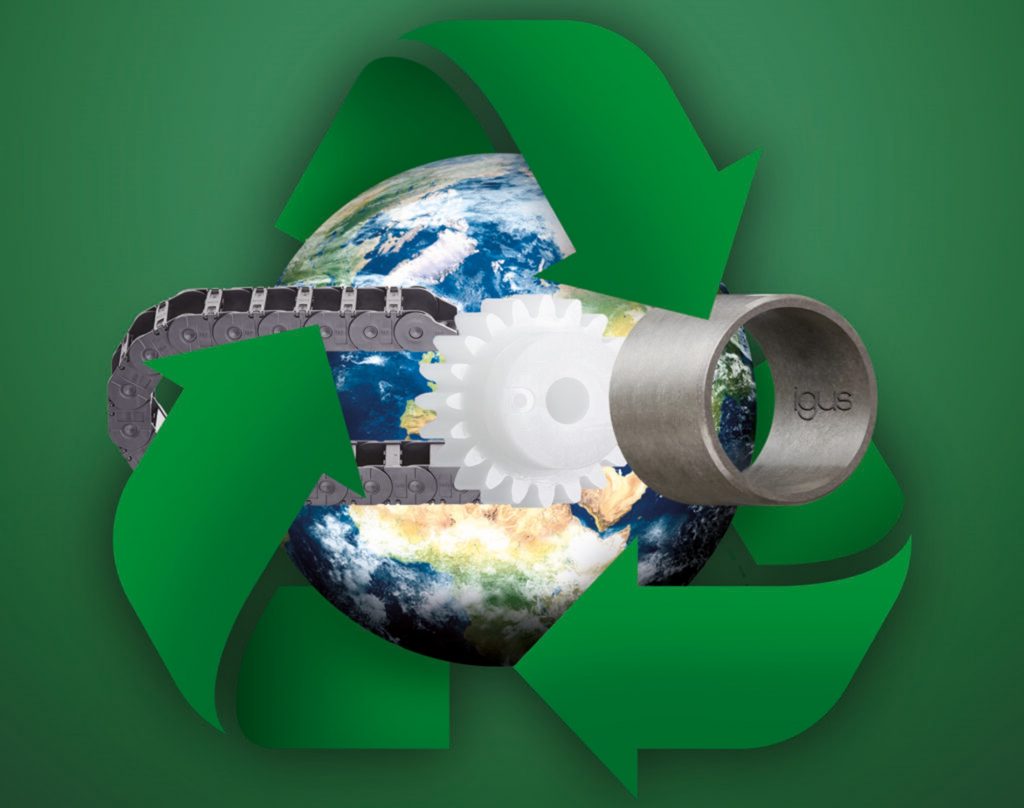
As climate change worsens, many industries face a scarcity of vital materials. This calls for a radical shift from wasting and burning these resources to reusing them. The concept of “circular economy” sounds promising, but the reality is far from it. Recycling rates are actually dropping.
The circular economy is in decline
The Circularity Gap Report 2023 by the Circle Economy Foundation and the Deloitte Group shows this clearly: The global circular economy has shrunk from 9.1% in 2018 to 7.2% now.
“The circular economy is the key to curbing both the climate crisis and the loss of biodiversity. So the size of the gap between the current global economy and a comprehensive circular economy is alarming, even though the importance of the latter is repeatedly underscored by politicians and companies,” says Rebecca Tauer, Circular Economy Programme Manager at WWF Germany. “And the widening of this gap is dramatic because we are taking more and more resources from the planet, using them for far too short a time, and throwing them away. We’re on the wrong track. The report’s message is clear: We need to move from talking to doing.”
From talking to doing – igus has heard the call
To accelerate the transition from a linear economy to a circular economy, igus launched a technical plastics recycling programme: chainge.
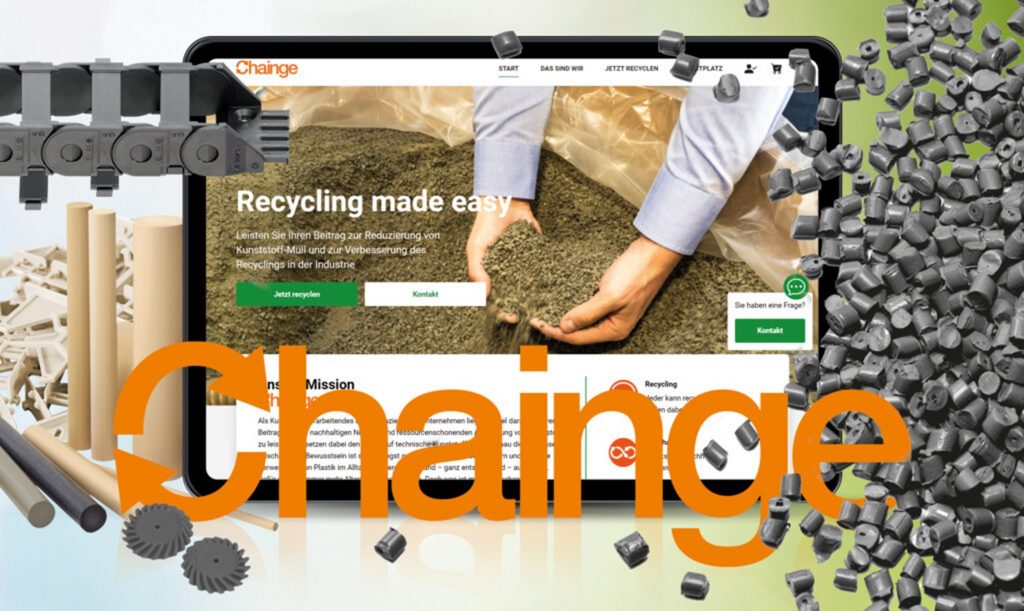
Recycling is easy with chainge
Recycling should be easy, but it’s not. Take energy chains, for example. They guide power cables and hoses in machines and systems. But who recycles them? How? And where does the material go? The answers are so complex that most chains are thrown away and burned. This harms the environment, wastes precious plastics, and costs money. Something is wrong with this picture.
There is a better way. The chainge online platform makes recycling easy and trustworthy. You can send your old energy chains to the platform and keep them in the circular economy. Just follow these steps:
• Gather, wash, and measure your old energy chains
• Request a recycling service
• Mail your old chains to igus
• Get a coupon from igus
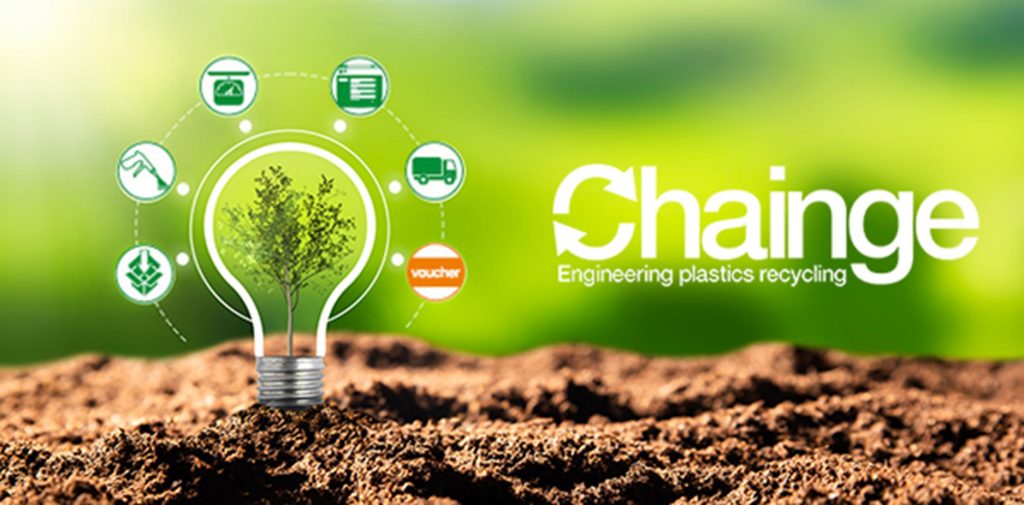
Environmental protection, renewable, sustainable energy sources.
At igus, old chains are processed into recycled material used to manufacture new products, such as the cradle-chain E2.1.CG, the first energy chain made entirely from recycled plastic. The coupon can then be used to purchase these or other igus products.
“The special thing about igus is that you get everything from a single source. We are a plastics producer and supplier, an assembly service provider, a disposal company, and a producer and supplier of recycled material used to create new products,” says Michael Blaß, igus e-chain systems CEO. “What we offer is unique in this form and enables us to work with our customers to turn plastic into a sustainable resource.”
igus is expanding chainge to more places and boosting its capacity. This will help the circular economy grow even more.
The first steps towards sustainable plastic use have been taken
The chainge program, launched in 2019, has quickly grown in popularity. By recycling high-performance plastic instead of burning it, igus has contributed to the circular economy with almost 100,000 kg of material. The program now covers not only energy chains, but also smaller technical plastic parts, such as gears and bar stock.
“It is the innovative power of entrepreneurs that finds, applies, and passes on solutions,” said Sven Gebhard, Vice President of the Cologne Chamber of Industry and Commerce, during his laudatory speech at the Going Circular competition, in which igus took first place with chainge. The contest, he said, is aimed at raising awareness of the circular economy mega-issue and motivating other companies to look for ways to conserve resources themselves. “This is how global climate protection can succeed.”
Plastics production in Germany is to be independent of crude oil by 2045
The circular economy is a bold vision for the future of plastics, where most of the raw materials will come from recycled sources by 2045. chainge is a platform that supports this vision by offering more than just plastic recycling. It connects injection moulders, recyclers, and buyers of recycled materials from around the world, enabling them to create and sell sustainable products. chainge partners can also trade their recyclates on the marketplace.
“The holistic closing of material cycles is a central key to sustainable economic activity and thus to achieving climate targets,” says Holger Lösch, Deputy Managing Director of the Federation of German Industries (Bundesverband der Deutschen Industrie, or BDI), on the founding of the BDI Circular Economy initiative. “Thanks to its high level of technological expertise, Germany as an industrial location has enormous potential to become a leading provider of new technologies that allow economically viable raw material recycling and reduce dependence on raw material imports.”
To learn more about our chainge program, please contact us by phone at 1-800-965-2496 or Livechat at www.igus.ca.

